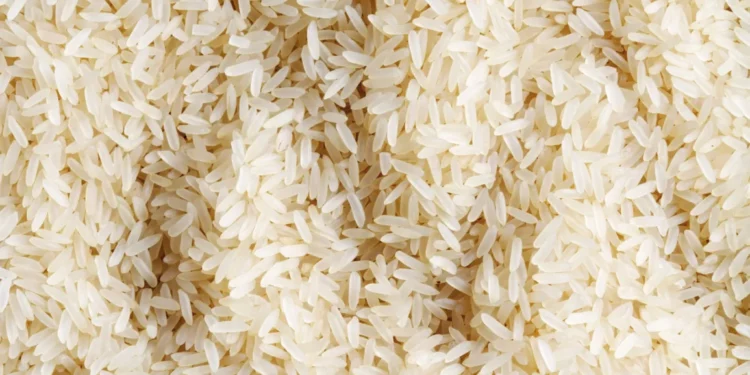A Crisis of Abundance: Why Ghana’s Grain Farmers Are Burdened by Their Own Harvest
As an agribusiness stakeholder, one witnesses a profound and disheartening contradiction at the heart of Ghana’s agricultural sector. While our diligent rice and maize farmers are embarking on a new harvest season, many remain encumbered by substantial, unsold stock from the previous season. This is not merely a market inefficiency; it is a systemic failure that undermines our national food security, weakens the livelihoods of our farming communities, and squanders the potential of value chains poised for growth. The sight of local rice and maize sitting in storage whilst supermarkets are lined with imported alternatives is a stark indictment of our current agricultural and trade policies.
The scale of the problem is significant. Recent surveys indicate that over 15% of farming households report their food crops going to waste due to a simple lack of buyers. This grim reality is exacerbated by an overwhelming influx of imports. For the 2024/25 season, Ghana’s maize imports are projected to reach a staggering 300,000 tonnes, a figure nearly eleven times the historical average. In the rice sector, the dependency is even more entrenched, with imports accounting for approximately 60% of local consumption. This translates to hundreds of millions of dollars annually flowing out of the Ghanaian economy, capital that should be circulating within our rural communities and fuelling domestic investment.
This situation is underpinned by a debilitating policy mismatch and incoherence. On one hand, the government expresses a commitment to agricultural development; on the other, inconsistent trade measures and, at times, tax incentives for importers create a market environment that actively disadvantages local producers. As noted by several agronomists and stakeholders in the sector, this mixed messaging breeds profound uncertainty and erodes the very confidence required for farmers to invest in their land and improve their yields. We are, in effect, signalling a lack of faith in our own productive capacity.
To break this vicious cycle, the government must move beyond rhetoric and implement a suite of bold, immediate policy actions designed to protect and prioritise our local producers.
First and foremost, the state must enforce strategic import restrictions. The existing legislative framework provides the mandate to ban or severely restrict the importation of rice and maize. This is not an unprecedented measure; the Bank of Ghana has previously moved to restrict foreign exchange access for such imports. This decisive action would instantly alleviate the market flooding that depresses local prices and leave our farmers’ produce as the primary option for consumers and processors.
Secondly, the government must lead by example and mandate the consumption of local rice and maize across all public institutions. By issuing a directive that all state agencies, schools, military installations, and government hospitals source their staple grains from Ghanaian farmers, the state would create a guaranteed, large-scale market. This would provide the stability farmers desperately need, ensuring a baseline demand that can absorb a significant portion of the unsold stock and provide a predictable outlet for future harvests.
Thirdly, to shield farmers from volatile price crashes, the government should urgently implement price stability mechanisms. This involves establishing minimum price guarantees for key staples and actively utilising the Ghana Commodity Exchange to foster transparent and fair trading. Such measures ensure that farmers receive a viable return on their labour and investments, safeguarding their ability to continue production even in the face of market pressures.
Whilst these immediate actions are crucial, they must be part of a coherent, long-term strategy. This includes making substantial investments in post-harvest storage infrastructure to drastically reduce crop losses, deploying irrigation systems to build resilience against droughts, and providing robust support for the private sector to establish modern milling and processing facilities. Programmes like the FEED Ghana Initiative provide a valuable framework, but they will ultimately falter if the local market they are designed to support is continuously undermined by unchecked imports and smuggling.
The choice before us is clear. We can continue on the easier path of relying on volatile international markets and cheap imports, a path that mortgages our agricultural future or we can commit to the more challenging, yet infinitely more sustainable, path of investing in our own farmers and our own land. The success of our farmers is inextricably linked to Ghana’s genuine food sovereignty. The time for decisive action is not tomorrow; it is now.
What are your thoughts on these proposed measures? I welcome a constructive discussion on the immediate steps needed to secure Ghana’s agricultural future.








